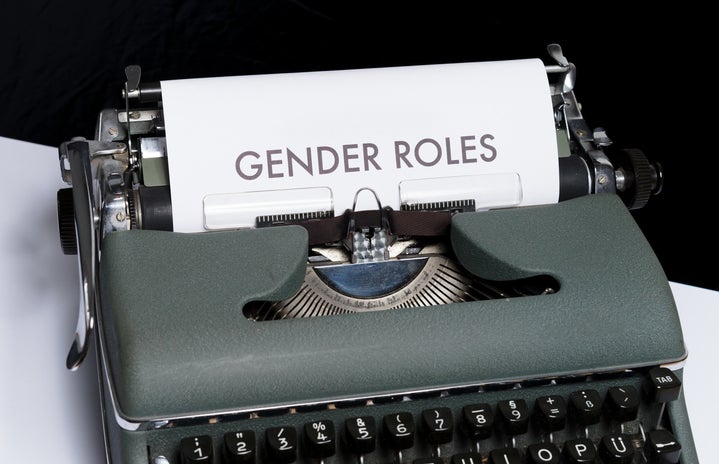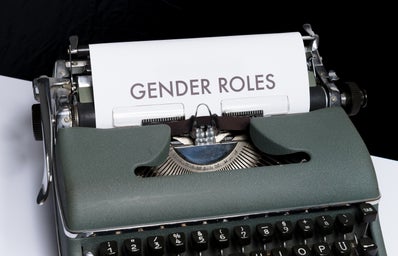During Women’s History Month, I usually spend quite a bit of time thinking about the women who have had the most influence. Like many others, I think to people like Ruth Bader Ginsberg, Amelia Earhart, and even my own mother.

This thought got me thinking more about the ‘good mother’ stereotypes and how, above all, they are severely outdated. It is no longer a reality for most families that children will grow up with two parents, one who will play the role of the breadwinner and the other will stay home and take care of the children and the house. Historically, the latter role has been doled out to women. By separating mothers into groups like working moms and stay-at-home moms we as a society are placing the value of one kind of mother over another. Using just a simple title takes away from the major value that a parent has as a person who is trusted to care for their child because we begin to compare people based on our perception of the stereotypes that are decades old.

LGBT identification is lower in every older generation. The AIDS epidemic has always been closely linked with negative attitudes towards the LGBT community. Everyday instances of discrimination kept people from seeking testing, treatment, and care. With more compassion, understanding, and education, there could have been a shift with an entire generation. Instead, millions of people who could have been educators, legislators, and even parents lost their lives. With more visible representation in younger generations, support for equal rights for members of these communities should be parallel if not growing even moreso.

In this coming month, it is still incredibly important to make a note that while we are celebrating women and all of the great advancement that has been made in terms of promoting rights for women, we still have a long way to go before people of any identity are considered equal. It starts with acknowledged visibility and respect. The truth is, there are a lot of people who do not identify as women who can biologically have children. Identity is critical to acknowledge and inclusivity is the next step. The humanity in our generation continues the progress of education, love, and acceptance for all people.
A special thanks to my friend Becs, who helps educate me and make me a better ally every day.



